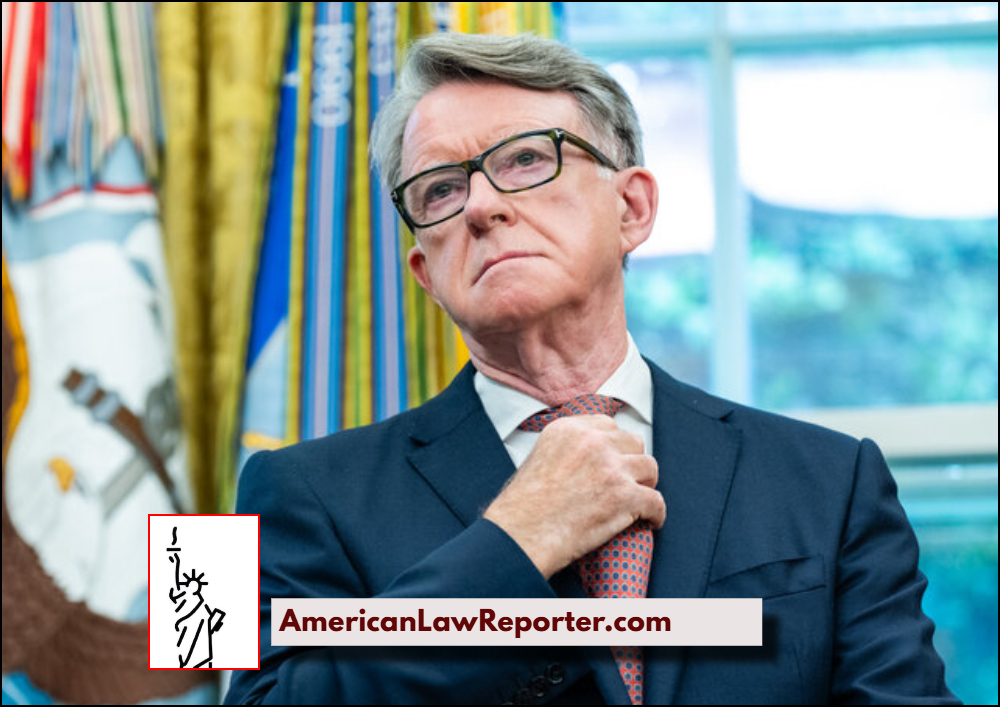British Prime Minister Keir Starmer has dismissed U.K. Ambassador to the United States Peter Mandelson following the release of emails and personal writings that revealed the depth of Mandelson’s relationship with convicted sex offender Jeffrey Epstein.
The decision, announced Thursday, September 11, 2025, comes amid heightened scrutiny of Epstein’s network of associates and renewed calls for greater transparency regarding political figures linked to him.
Government Statement and Legal Implications

In an official statement, the British government confirmed that Mandelson was removed “with immediate effect” after newly disclosed communications suggested he had defended Epstein following the financier’s 2008 conviction.
“The emails show that the depth and extent of Peter Mandelson’s relationship with Jeffrey Epstein is materially different from that known at the time of his appointment,” the government said, explaining that Mandelson at one point suggested Epstein’s first conviction was “wrongful” and should be challenged.
The development raises pressing legal and ethical concerns about the vetting of high-level diplomatic appointments. Questions are emerging about whether Mandelson’s written defense of Epstein could be construed as attempts to intervene in legal processes or to downplay the seriousness of Epstein’s crimes.
The “Birthday Book” and Released Emails
Pressure began mounting earlier this summer after the U.S. House Oversight Committee released portions of Epstein’s so-called “birthday book,” a collection of messages from influential figures. Mandelson’s entry described Epstein as his “best pal” and referenced time spent together in his homes.
This week, Bloomberg reported on a cache of over 100 emails sent between Mandelson and Epstein between 2005 and 2010. In one 2008 exchange, Mandelson appeared to coach Epstein through his criminal case, citing Sun Tzu’s Art of War and urging him to fight for early release.
Diplomatic and Legal Fallout
Mandelson’s removal highlights how associations with Epstein continue to reverberate across political and legal systems worldwide. Legal scholars suggest that the episode underscores the blurred lines between personal relationships, political power, and the justice system when influential figures are implicated in scandals tied to criminal activity.
While Mandelson has expressed “profound regret” and insisted he never witnessed criminal behavior, the episode underscores the reputational and legal risks of failing to sever ties with individuals under investigation.
For the victims of Epstein’s crimes, the disclosures also reopen painful questions about how powerful allies may have enabled his behavior or minimized its impact.
Broader Implications
Prime Minister Starmer’s swift dismissal of Mandelson reflects a zero-tolerance stance toward senior officials entangled in scandals of this nature. Still, it raises wider issues about accountability: how much prior knowledge governments should require before entrusting officials with sensitive international posts, and whether private correspondence defending individuals convicted of sex crimes should disqualify candidates from public service.
As the legal community continues to dissect the case, observers note that this moment marks a turning point in how governments are pressured to confront historical ties to Epstein and the broader accountability failures surrounding his network.

